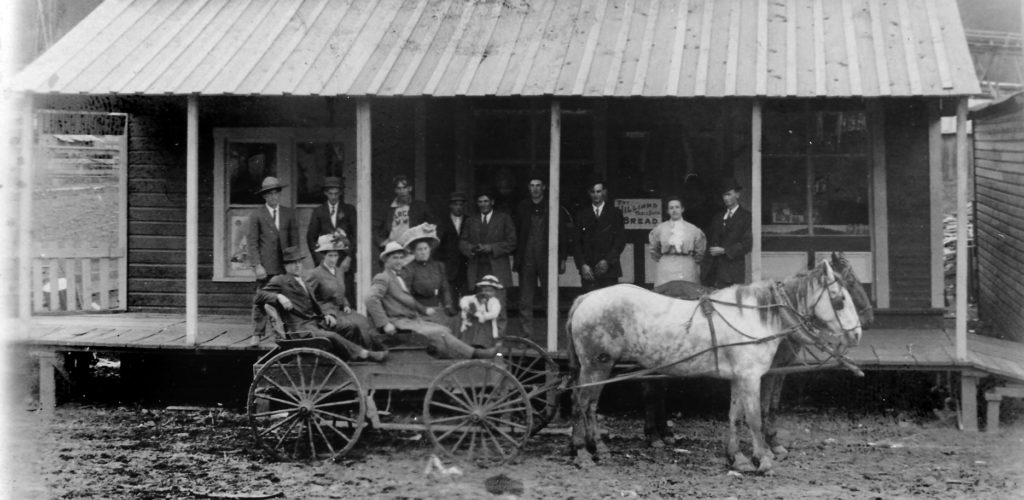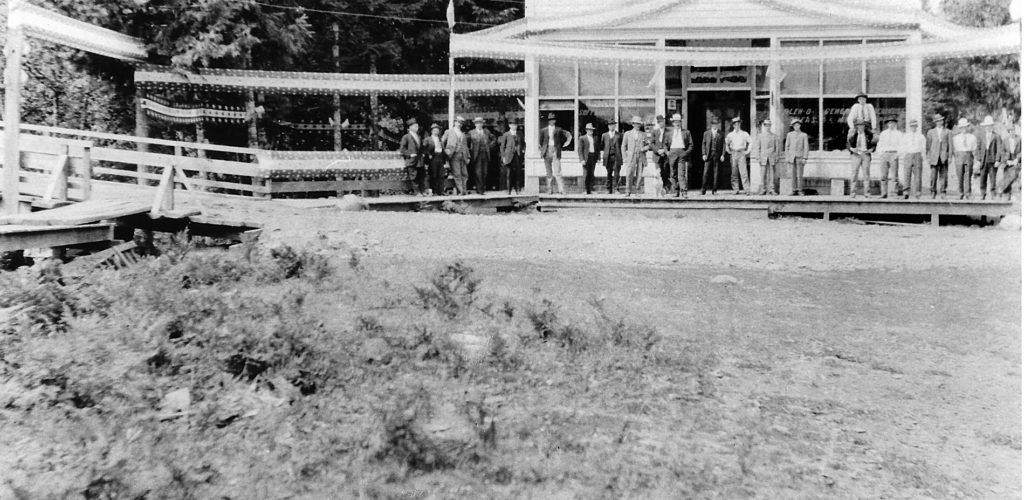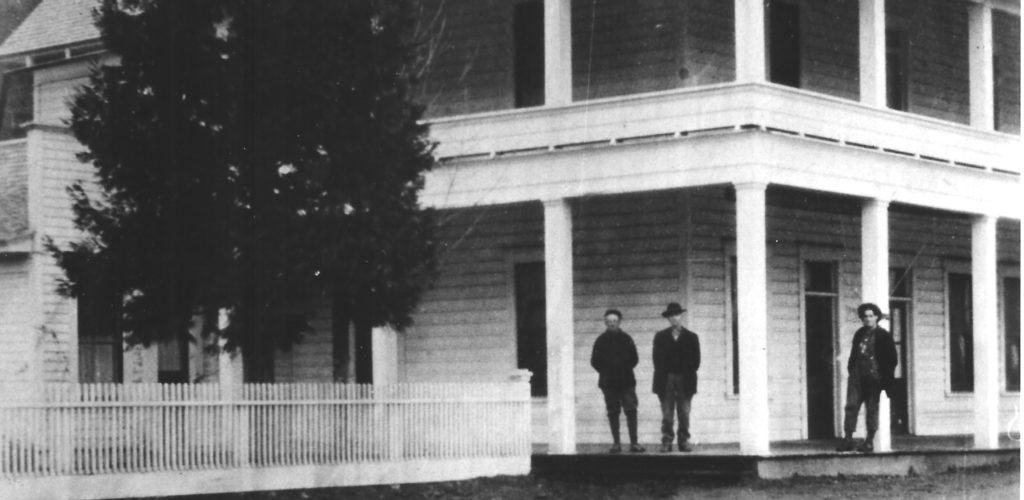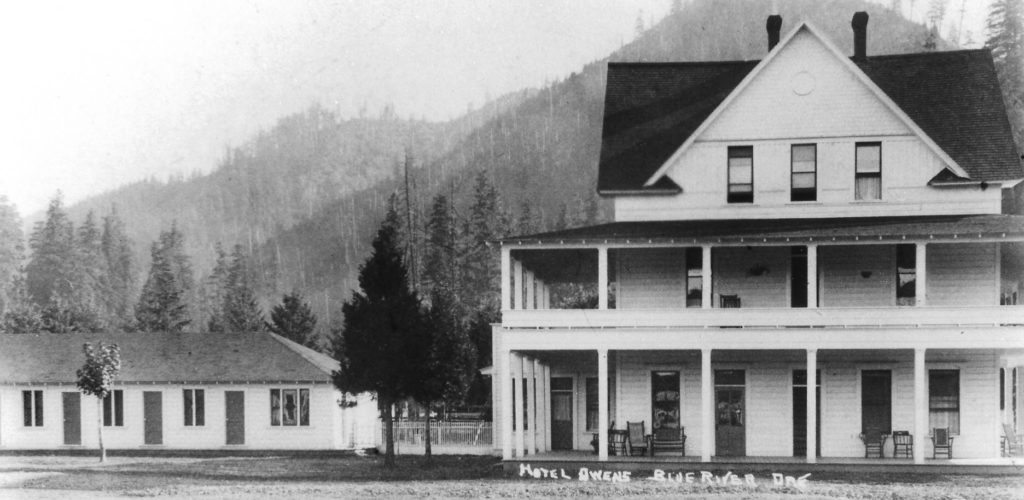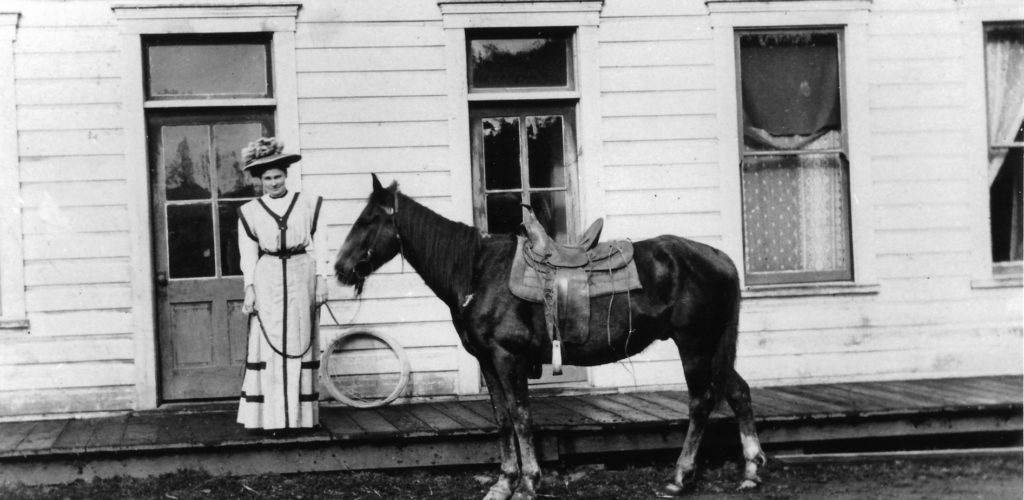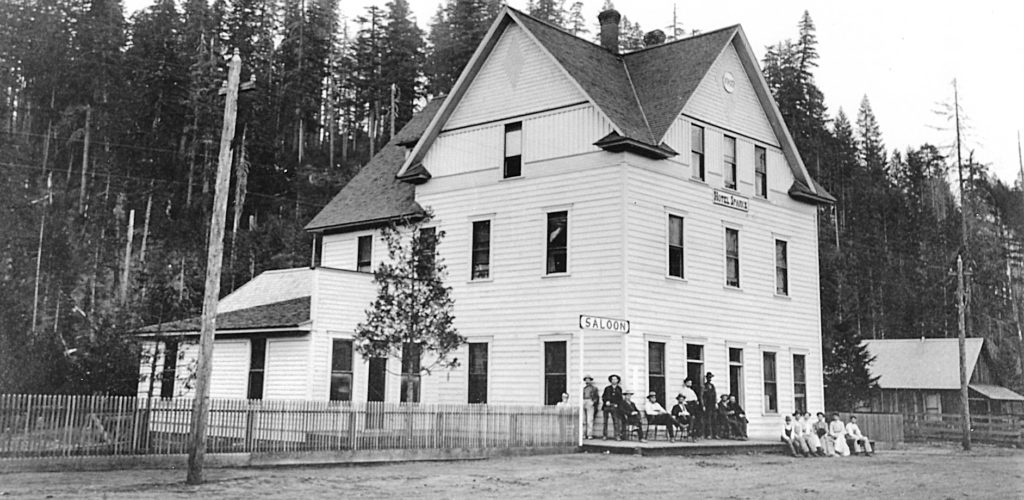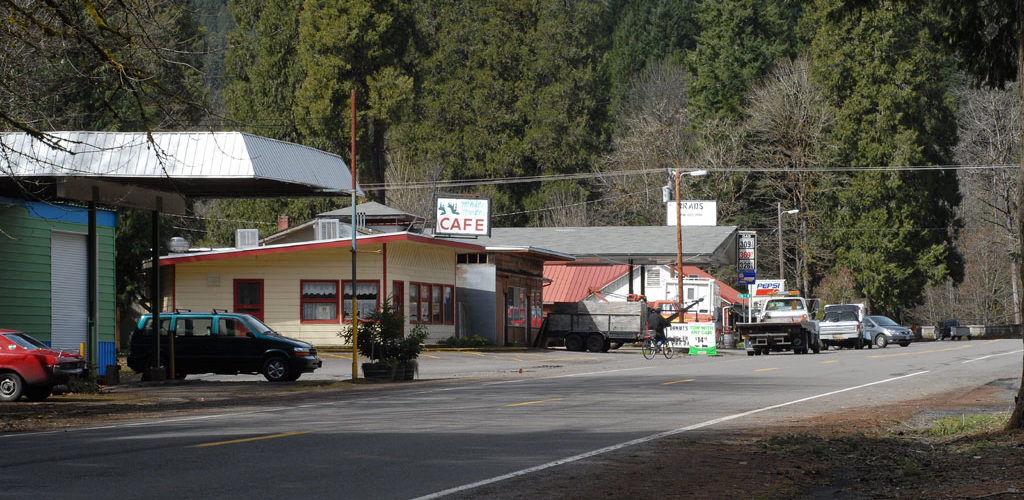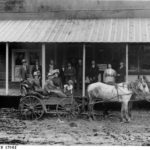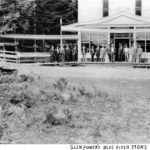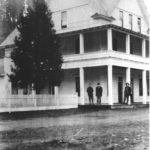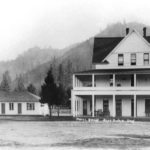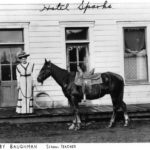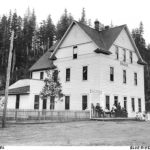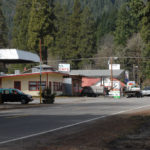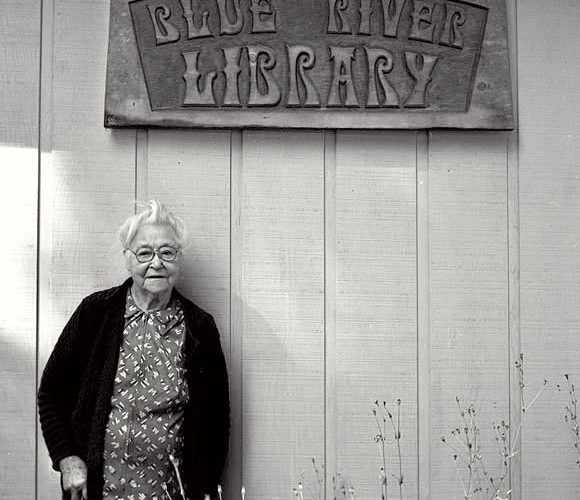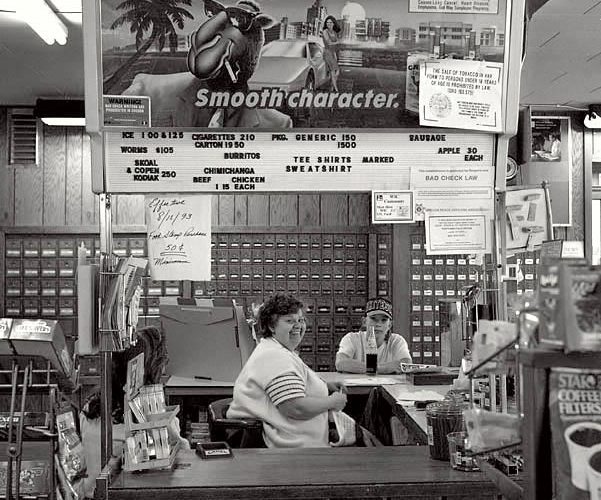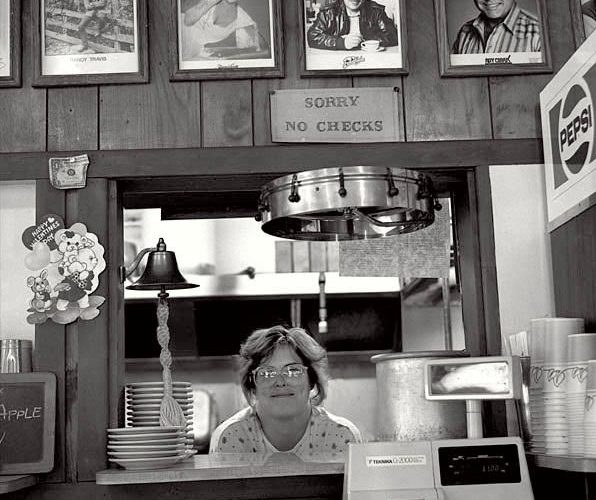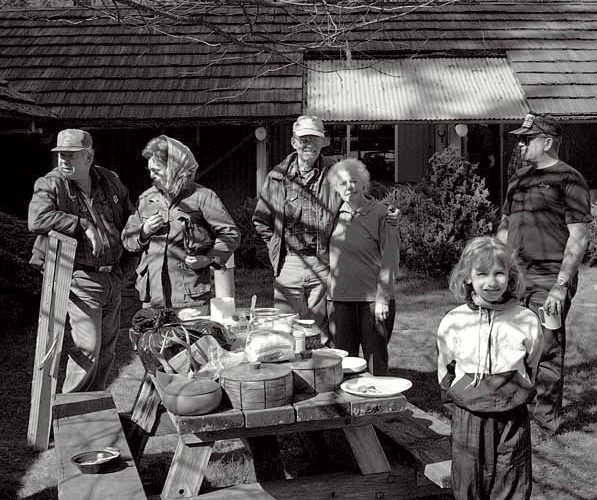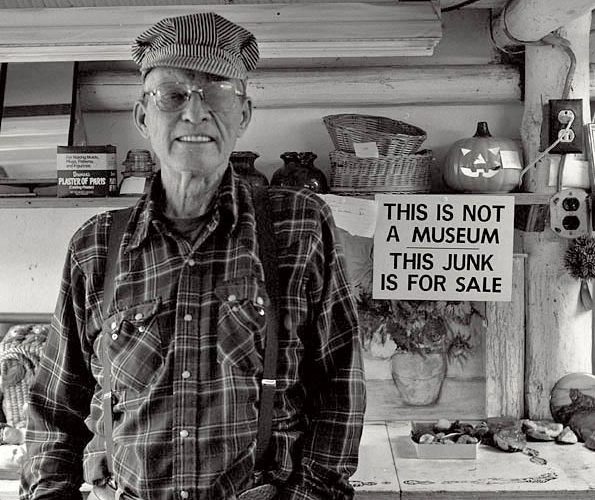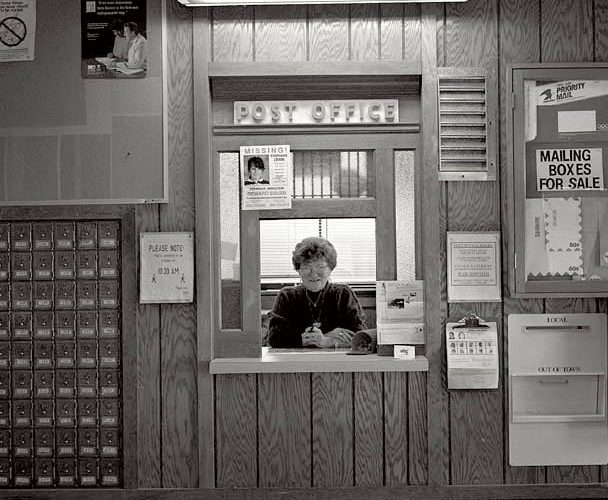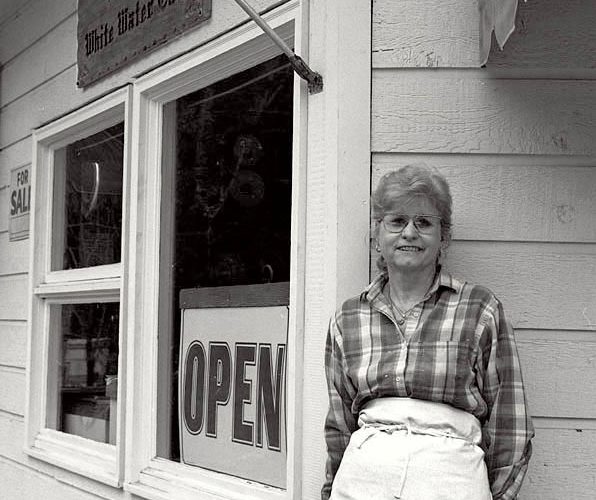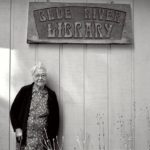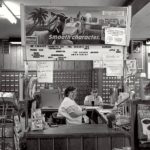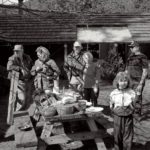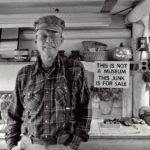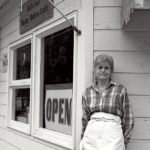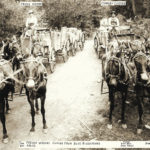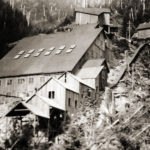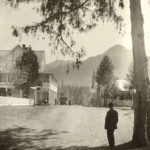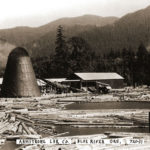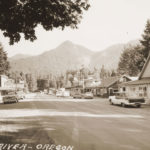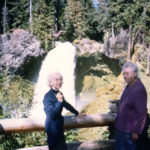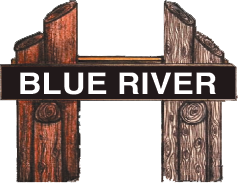
Milepost 41.3
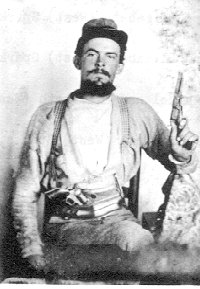
Samuel Chistopher Sparks was born June 13, 1840, in Perry County, Tennessee, and grew up with eight brothers in a large family. Samuel joined the Confederate Army and fought four years during the Civil War under General Bedford Forest. He fought in the Battle of Shiloh and was in the cavalry at Chickamauga under General Robert E. Lee at the Battle of the Wilderness. After the South lost the war, he found his life in chaos, so he did what many former Confederate Soldier did. He left his home in search of a better life. At first he traveled to Brazil, and during that time he explored the Amazon River in an expedition paid for by Emperor Don Pedro. He traveled all the way across the continent to the Andes Mountains. Soon after he returned to the United States by way of Little Rock, Arkansas.
Sparks lived in Arkansas for five years. During this time he married Robenia Bringle in 1870. They had two children, but his daughter Manena died in infancy. Still restless and unsure of his future, he made the decision to move out West. He left his family and traveled by way of Emigrant Wagon Train to California in 1874, and before the end of the year, he made it to San Francisco. He traveled by ship to Portland, Oregon, and by January of 1875 he completed his journey on foot to the Willamette Valley.
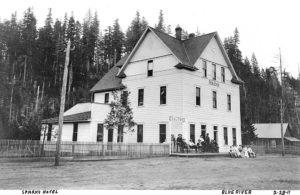
It was only after he secured land, did he send for his family. In 1878, he had a second son, Felix. With his wife and two sons, he made the move to Cedar Flat where he set up a shingle mill and worked the family farm. Their last move came in 1895 when the family moved upriver. They had acquired two homesteads from Sewell Smith and J.M. Davis. By the time Sparks and his family moved in, Blue River had already become a popular place. Gold had been struck in 1863 and considerable investment and development had built the town up. Sparks continued this investment by building a general store, a three-story hotel, a sawmill, and a livery stable all on what is now the town of Blue River.
By 1911, the town had become a thriving settlement with maps even completed for it and Cascade Park. Unfortunately, that year Samuel Sparks suffered a fatal stroke. He was 71 years old. His widow, Robenia Sparks signed and authorized the subdivision of the town a week after her husbands death.
Blue River saw its heyday in the early 1900s, but as the lode from the mines ran dry, the population shrank. Blue River wouldn’t be the same until the timber industry started using the steam donkey and automobiles to cut down and transport trees. Blue River and the surrounding area saw another economic boom in these early timber years, and it held steady for a long time. But the best of times really came in the 1960s. The Army Corps of Engineers had three large projects, the Leaburg Dam, the Cougar Dam, and the Carmen-Smith Dam. Not only could a person get a good paying job with the hydroelectric and flood control projects, but the forest service had two ranger stations, a hand full of lookouts, and many other jobs, and the motto for the timber industry was “A billion board feet or bust!”
In the next decade or two, the dams were built, the timber industry dollars went away, and the Forest Service shuttered one ranger station and cut jobs. Blue River, at one time a thriving community with a beautiful three-story hotel with saloon, three restaurants, two bars, three gas stations, a mechanic, a library, and so much more, began to fail. Sadly, the businesses closed one after the other until most of it was gone. Today, the community has regained steam and with a tourism economy and great leadership in community groups, the future looks bright. The images below were taken by photographer Herman Krieger
